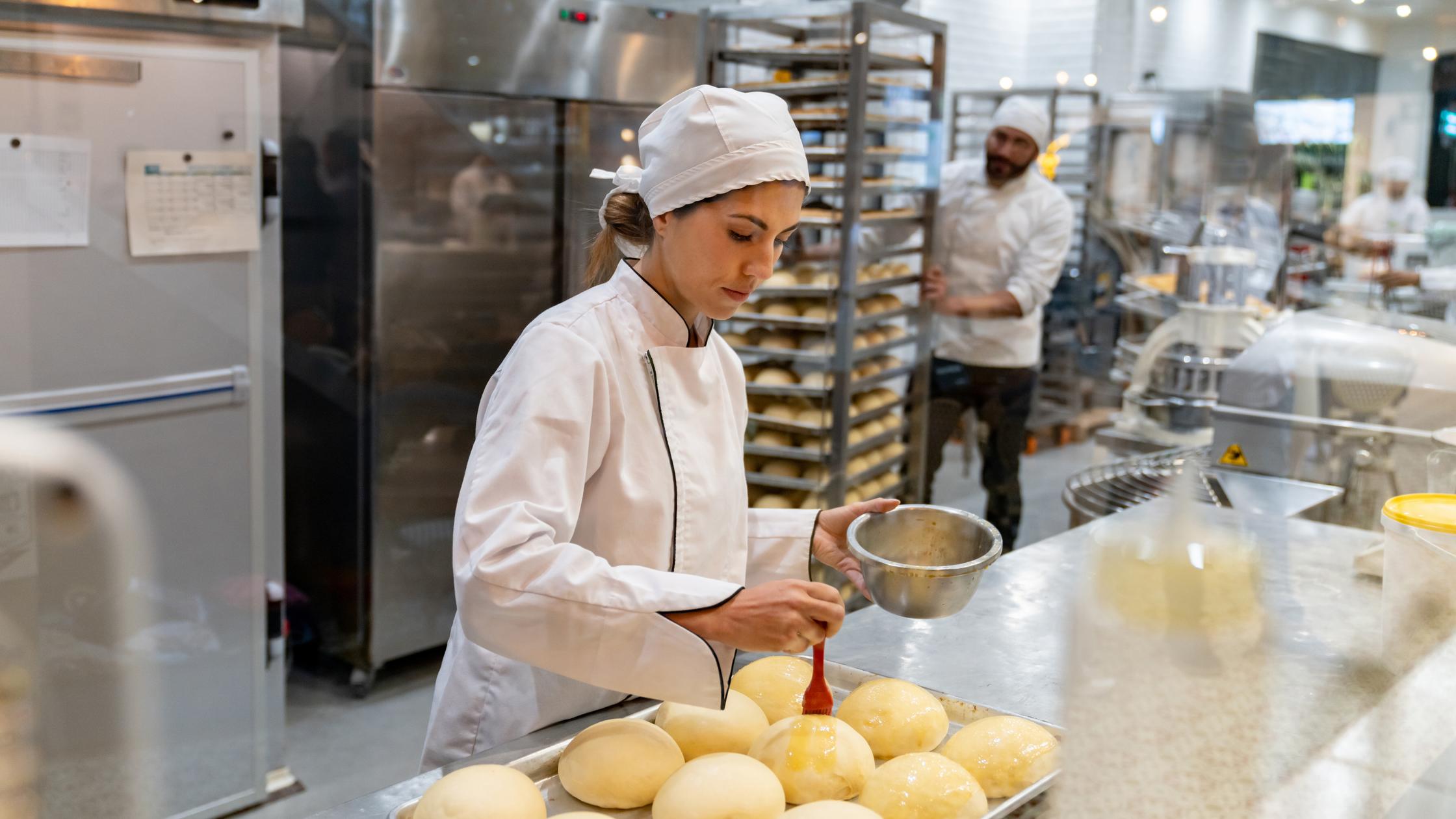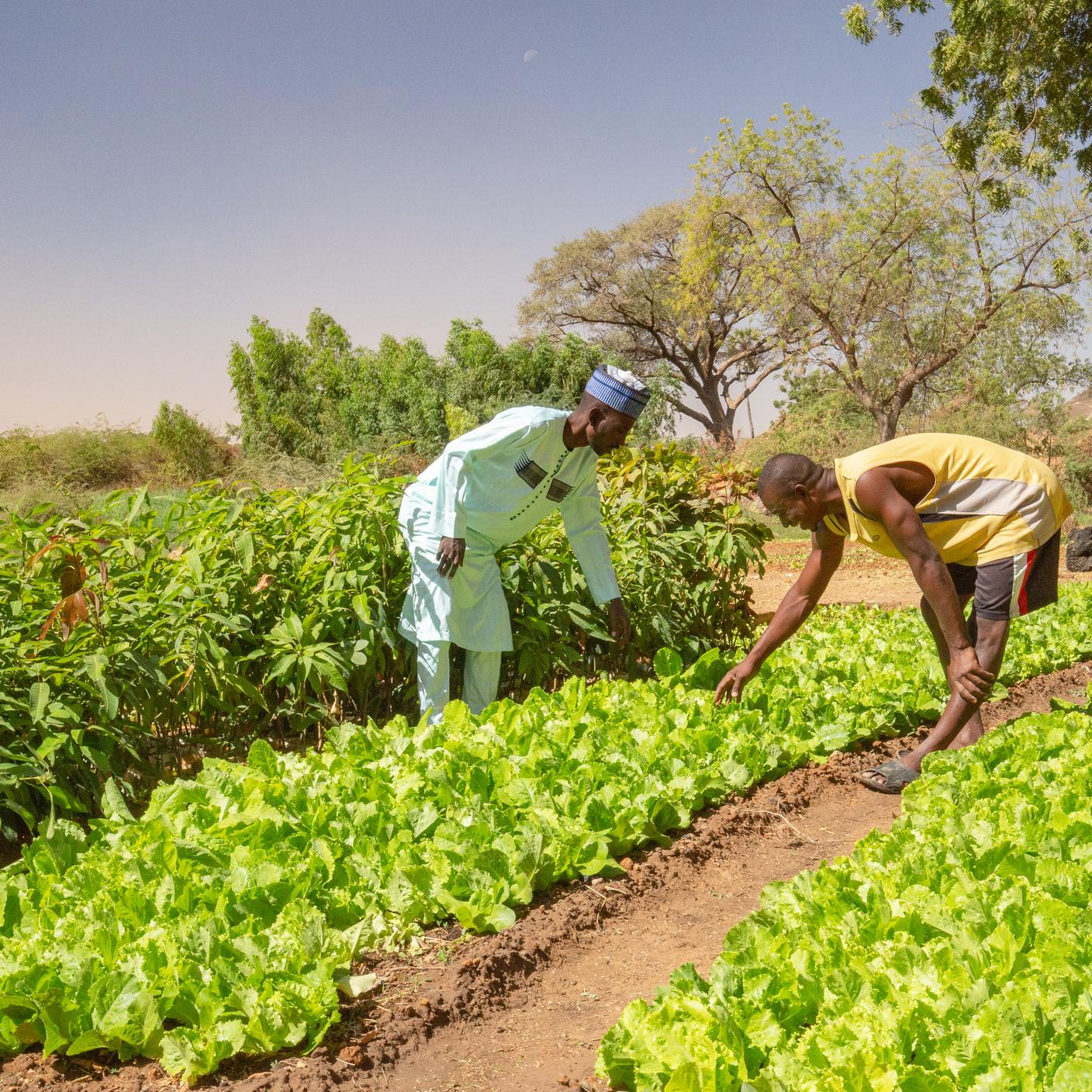The first audits to FSSC 22000 Version 6 will commence from 01 April 2024 onwards, with a focus on strengthening the requirements to support organizations in their contributions to meeting the UN Sustainable Development Goals (SDGs).
BSI Group is accredited and licensed to offer the FSSC scopes that can be verified below.
In addition to the accredited FSSC scope, BSI also offers the FSSC Scheme Addendums which are unaccredited.







